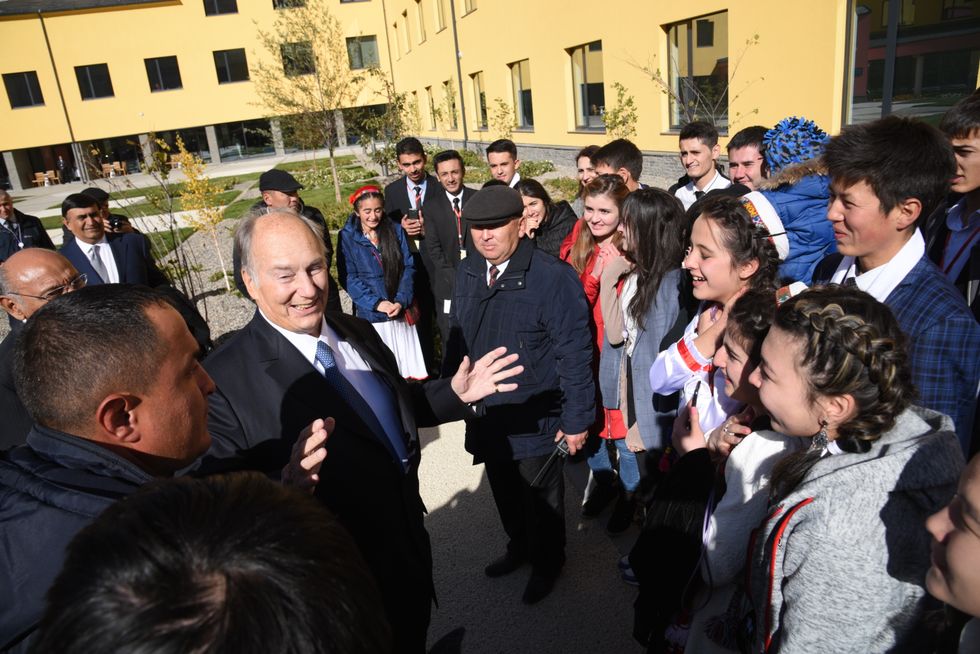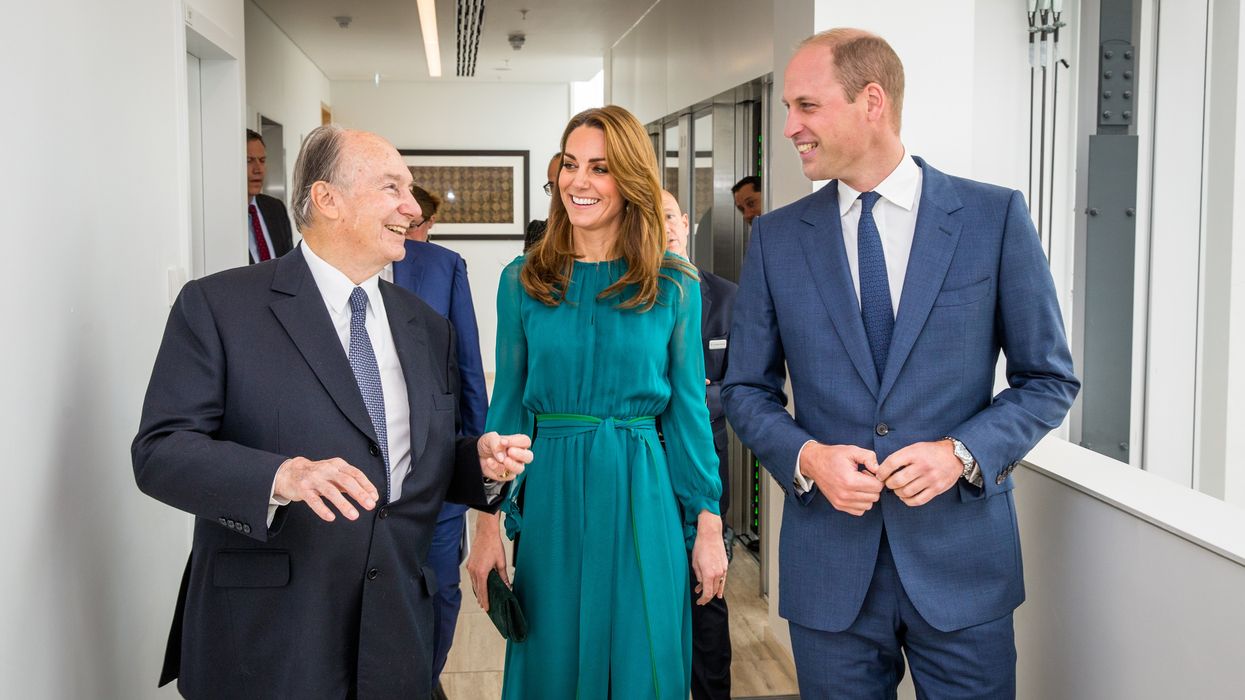WITH profound sorrow and deep gratitude, we reflect on the life and legacy of Prince Karim al-Hussaini Aga Khan IV, our beloved 49th hereditary Imam.
For nearly seven decades, His Highness Aga Khan IV dedicated his life to the spiritual and material wellbeing of the Ismaili community. He was not only our spiritual leader but also a visionary, whose work improved the lives of millions worldwide, leaving an impact that transcended borders, faiths and generations.
As Imam, his role was both to interpret the faith and to enhance the quality of life for the Jamat and those among whom they live. This commitment was not simply a duty, but a lifelong mission, fulfilled with extraordinary devotion.
He embodied the principle that faith and the world are inextricably linked, guiding our engagement with the world, and shaping societies grounded in service, dignity and the well-being of all. The ethos of service and volunteerism he instilled in us will continue to shape our collective efforts for years to come.
From the moment he ascended to the Imamat, in 1957, at the age of 20, His Highness Aga Khan IV envisioned a world where faith and reason, and tradition and progress worked in harmony to uplift the human spirit.
In every endeavour, he wove together the ethical principles of Islam with the needs of an evolving world, affirming that spirituality is not separate from society, but integral to it.
His Highness Aga Khan IV was a bridge – between past and future, between communities and cultures, between the sacred and the everyday. He reminded us that pluralism is not merely an ideal, but a responsibility and an action. Through his establishment of the Global Centre for Pluralism1 and his countless efforts in diplomacy, he championed a world where diversity is not feared but embraced, where dialogue is not a tactic, but a principle of life.

The institutions he built through the Aga Khan Development Network (AKDN) – universities, hospitals, schools, financial institutions and museums – stand as enduring symbols of human dignity and progress.
His vision for the AKDN has transformed the lives of millions, offering education to those seeking knowledge, healthcare to those in need and vital efforts to eliminate poverty, while empowering marginalised communities to build brighter futures.
As a member of the steering committee of the Aga Khan Centre in London, I saw first-hand the blend of tradition and modernity, symbolising his vision of harmonising Islamic heritage with contemporary innovation.
Today, as we reflect and mourn his passing, we also celebrate his life. His legacy is not confined to the past – it is a living inspiration that continues to shape the future through our 50th hereditary Imam, His Highness Prince Rahim al-Hussaini Aga Khan V.
In honouring his memory, we commit ourselves to carrying forward his vision of a world rooted in hope, compassion and harmony.
Inna lillahi wa inna ilayi raji’un (Verily we belong to Allah and verily to Him do we return)
Visit media.ismaili.imamat for more information
(The author is the president of Ismaili Council for the United Kingdom)






 Heehs describes two principal approaches to biographyAMG
Heehs describes two principal approaches to biographyAMG












 David Beckham wearing a David Austin Roses "King's Rose" speaks with King Charles III during a visit to the RHS Chelsea Flower Show at Royal Hospital Chelsea on May 20, 2025Getty Images
David Beckham wearing a David Austin Roses "King's Rose" speaks with King Charles III during a visit to the RHS Chelsea Flower Show at Royal Hospital Chelsea on May 20, 2025Getty Images